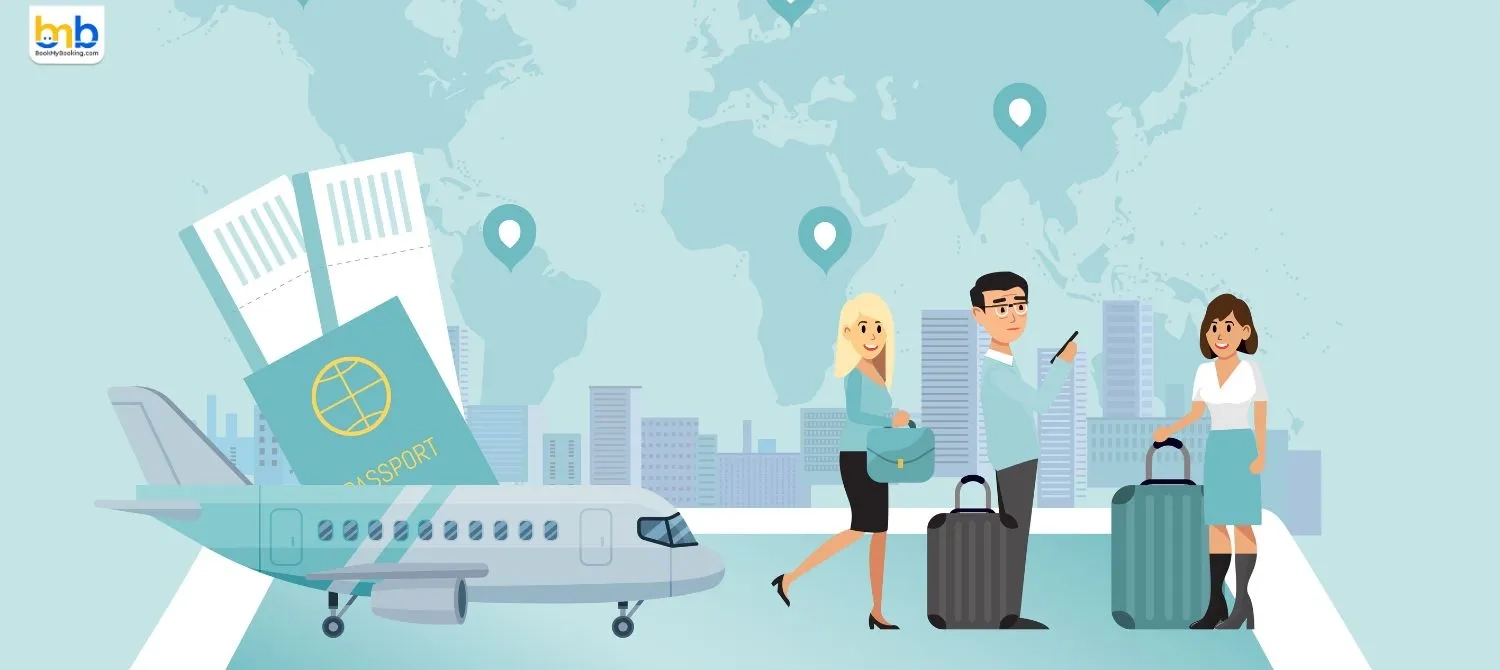The set vision sets an ambitious target of creating a $3 trillion tourism economy by 2047. Thus, attracting 100 million inbound tourists, generating 20 billion domestic visits and supporting 200 million tourism-related jobs. The overarching aim is to double the sector's share of India's GDP from 5% to 10% over the next two decades.
The Federation of Associations in Indian Tourism and Hospitality, the apex policy body representing India's tourism, travel, and hospitality sectors today, opened its national tourism conclave under the theme Indian Tourism-Invincible Spirit. The two-day event brings together leaders from the country's ten major national tourism and hospitality associations, industry stakeholders, and senior policymakers to chart a roadmap for Tourism Vision 2047.
The vision sets a target to create a $3 trillion tourism economy by 2047. Thus, attracting 100 million inbound tourists, generating 20 billion domestic visits and supporting 200 million tourism-related jobs. The overarching aim is to double the actor's share of India's GDP from 5% to 10% over the next two decades.
"Our objective is to make tourism a national priority, doubling its contribution from 5% to 10% of India's GDP by 2047," said Ajeet Bajaj, Vice Chairman of FAITH. "Achieving this requires a whole-of-nation approach with strong collaboration between the central and state governments, private stakeholders and local communities."
Key pillars of FAITH's Tourism Vision 2047
- Policy reforms- Granting infrastructure status to tourism, including tourism in the concurrent list, and ensuring tourism receives industry status in all states and Union Territories.
- Global and domestic marketing- Launching aggressive, sustained promotion of India as a premier tourist destination through coordinated government-industry partnerships.
- Infrastructure development-Expanding beyond the proposed 50 destinations, creating harmonised infrastructure across states to ensure a consistent quality of experience for travellers.
- Sustainability- Full adoption of the Sustainable Tourism Criteria of India, implementing carrying capacity guidelines and prioritising the ecological protection of destinations.
The event features an influencer and a lineup of speakers, including Amitabh Kant, CEO of IndiGo, Pieter Elbers, senior tourism officials from Gujarat, Andhra Pradesh, and Arunachal Pradesh, and former Secretaries of Tourism, who are sharing insights from their tenures and perspectives on future strategies.
FAITH Chairperson Punnet Chatwal highlighted the sector's ability to drive India's global positioning and economic growth. Tourism is the world's highest job multiplier; one in four new jobs globally comes from tourism, aviation and hospitality. With India's demographic advantage, this sector is a net engine for employment and GDP growth. From medieval to spiritual business to leisure travel, tourism is a powerful tool for building soft power and showcasing India to the world," he said.
Bajaj reiterated the need for cohesive action: "We have to create an enabling ecosystem that can support the industry's aspirations. This includes robust infrastructure skill development, digitalisation and policy stability. Tourism cuts across multiple sectors: transportation, environment, culture, and urban development and success will depend on how effectively we integrate efforts across these domains."
Industry collaboration and next steps
The coinclave also reinforces FAITH's position as the unified national voice for the tourism and hospitality industry. Its membership comprises leading associations, including the Indian Association of Tour Operators, Federation of Hotel and Restaurant Associations of India, Hotel Association of India, Adventure Tour Operators Association of India, Adventure Tour Operators Association oifIndia, India Convention Promotion Bureau, Indian Heritage Hotels Association, Indian Tourist Transporters Association, Travel Agents Association of India, Travel Agents Federtaion of India and All India Resort Developemnt Association. A joint set of recommendations emerging from the discussions will be formally submitted to the Prime Minister's office, the Ministry of Tourism, and other relevant ministries to ensure alignment on policy priorities.
In outlining the way forward, Chatwal stressed the urgency of moving from dialogue to execution: "The opportunity is immense, but os is the competition. India must invest in building a strong brand, delivering seamless traveller experiences and ensuring that growth is sustainable and inclusive. Tourism has the potential ot be one of the biggest contributors to the Amrit Kaal vision for India's economic future."
#bookmybooking #faithconclave #tourismevent #economyboost #tourismupdate


